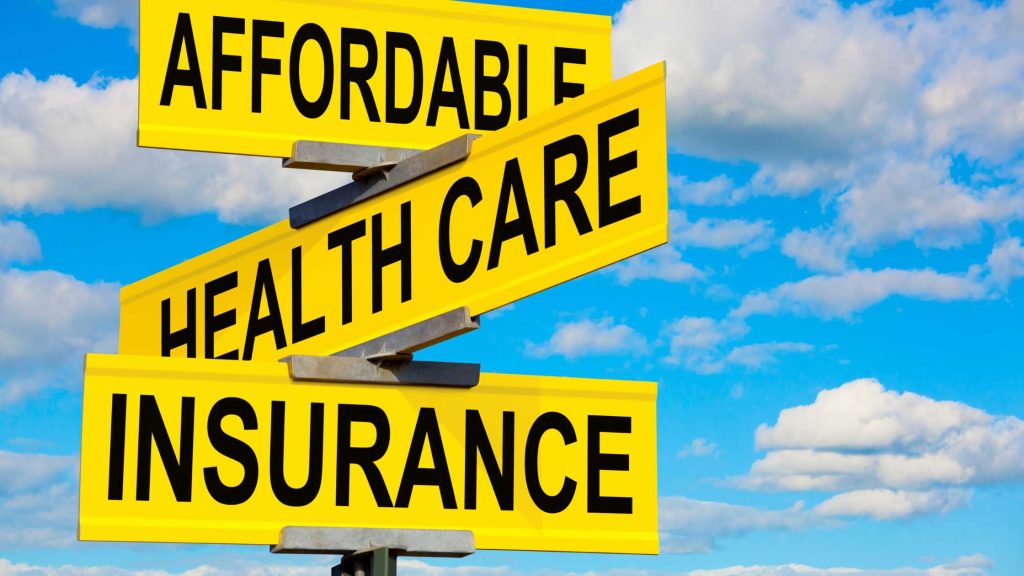Manage Health costs : These 4Things Will Save Your Money – 2024
Manage Health costs : Healthcare costs can be one of the most unpredictable and overwhelming expenses for individuals, often leading to financial stress. With rising costs, especially for outpatient care (OPD), and the limitations of insurance policies, managing these expenses wisely has become more important than ever.
Table of Contents
Even with the best health insurance, you might not be fully covered for every situation, especially when it comes to routine or outpatient medical needs. Thankfully, by making informed decisions and planning properly, you can reduce these costs and keep your finances on track.
1) OPD Coverage Plans:

One of the most effective ways to reduce health-related costs is by utilizing OPD coverage plans. These plans typically cover expenses for doctor consultations, diagnostic tests, prescription medications, and even dental and eye exams. While many insurance policies might focus primarily on hospitalization and emergency care, OPD plans help you manage the more frequent, everyday healthcare needs that can otherwise eat into your savings.
Also Read : Newborn Health Insurance : Your Newborn Baby Also Needs Health Insurance: Know the Benefits
Without OPD coverage, a simple doctor’s visit or necessary blood test could lead to significant out-of-pocket expenses. With an OPD plan, you won’t have to dip into your savings or rely on credit cards for such routine needs. Whether it’s getting a regular health checkup, maintaining your vision, or attending to minor health concerns, these plans can significantly alleviate the financial burden.
2) The Importance of Understanding Your Health Insurance

One of the most important ways to keep your health costs down is to be fully aware of your health insurance policy. Insurance companies frequently update their policies, change the benefits they offer, and sometimes, introduce new limits on coverage. If you’re not up to date on these changes, you might miss out on services that could save you money.
For instance, some insurance providers might add new preventive care benefits or expand coverage for outpatient services. If you’re not keeping track, you could be paying for services that your insurance already covers or miss out on important claims. Understanding your policy, knowing exactly what’s covered, and staying informed about any updates or changes ensures that you’re using your health insurance to its fullest potential.
In addition, the way you file claims can also impact your health expenses. If you know the ins and outs of your insurance’s claim process, you’re more likely to get your claims approved and paid out efficiently, reducing your out-of-pocket costs.
3) Preventive Care:

Investing in preventive care is one of the most effective ways to lower long-term health costs. Many people wait until they develop serious health problems before seeking medical attention, but preventive care—such as regular check-ups, screenings, and vaccinations—can catch potential issues early before they turn into more expensive, long-term conditions.
Unfortunately, many health insurance policies don’t cover preventive care to the same extent as they cover reactive treatments. Services like routine screenings or mental health check-ups might not be fully covered, and this can lead people to skip important preventative measures. However, ignoring these services can ultimately cost more in terms of treatment for more serious conditions down the line.
For example, a regular blood pressure check-up might reveal an issue before it escalates into something more expensive, like heart disease. Catching conditions early often leads to cheaper, more manageable treatment options, and it can even save your life. These preventive services are worth considering as they help not only improve your overall health but also help you avoid large medical bills in the future.
4) Comparing Healthcare Providers:
When it comes to healthcare, it’s essential to do your research and shop around for the best value. Not all providers offer the same prices, and different facilities may charge different rates for similar services. Taking the time to compare healthcare providers—whether it’s doctors, hospitals, or clinics—can help you make smarter financial choices.
Thanks to the internet, it’s easier than ever to compare healthcare providers. Many websites allow you to read reviews, compare costs, and check for any hidden fees or additional charges. When you’re looking for a provider, make sure you consider not only the cost but also the quality of care they offer. Sometimes, opting for a slightly higher-priced provider can be worth it if they offer better service or have a better reputation for quality care.
Whether it’s choosing between different hospitals for a procedure or deciding which doctor to see for a consultation, comparison shopping can significantly reduce your healthcare costs.
Additional Tips for Reducing Healthcare Expenses
Beyond OPD plans and insurance awareness, there are other ways to keep your healthcare costs in check. For instance, consider taking advantage of telehealth services, which allow you to consult with a healthcare provider over the phone or via video chat. These services are often much cheaper than in-person visits, especially for non-emergency situations.
Another simple yet effective strategy is to choose generic medications over their brand-name counterparts. Generic drugs are typically much cheaper and equally effective as branded medications, which can save you a substantial amount over time.
If you have access to a Flexible Spending Account (FSA) or a Health Savings Account (HSA), using these accounts can help you save on medical expenses by allowing you to set aside pre-tax money for healthcare costs. This not only reduces your taxable income but also ensures that you’re prepared for any medical expenses that might arise.
Building a Healthy Lifestyle: Preventing High Medical Bills
A healthy lifestyle plays a significant role in reducing healthcare costs in the long run. By eating well, exercising regularly, and avoiding risky habits like smoking or excessive drinking, you can minimize your chances of developing chronic conditions that require expensive treatments. A balanced lifestyle can help keep your healthcare costs low by preventing many of the conditions that lead to hospital visits and long-term care.
Taking care of your mental health is equally important. Mental health conditions, when untreated, can lead to more serious health issues and increase overall medical costs. Practicing stress management techniques, seeking counseling when necessary, and prioritizing your mental well-being can help you avoid some of the more expensive aspects of healthcare.
Advocating for Your Health and Healthcare Costs
Being your own advocate when it comes to healthcare is another way to reduce costs. Don’t be afraid to ask questions about treatment plans, discuss costs upfront, and negotiate fees when possible. Some doctors or hospitals might offer discounts if you pay out-of-pocket or provide more affordable options if you inquire about them.
There are also many patient advocacy groups that can help you navigate complex medical bills or find affordable care options. These organizations can offer support, provide advice, and sometimes even help negotiate lower fees for medical treatments.
Manage Health costs – Conclusion
Managing healthcare costs doesn’t have to be complicated or stressful. By making informed decisions, understanding your insurance policy, utilizing preventive care, and carefully selecting healthcare providers, you can save a significant amount of money while still receiving the care you need.
Buy Now : Ecommerce Website With 100 Products
Remember, small steps like understanding your health insurance, utilizing OPD plans, and maintaining a healthy lifestyle can add up to big savings over time. With a little proactive planning, you can ensure that your healthcare costs won’t derail your financial future.
Disclaimer:
The information provided in this article is intended for general informational purposes only and should not be considered as professional medical, financial, or insurance advice. While the tips and strategies discussed can be helpful in managing healthcare costs, individual circumstances may vary. It is important to consult with healthcare professionals, insurance advisors, or financial experts for advice tailored to your specific needs. The author and publisher are not liable for any decisions made based on the information provided in this article.
Keywords : Manage Health costs – Manage Health costs 2024 – Manage Health costs 2025



